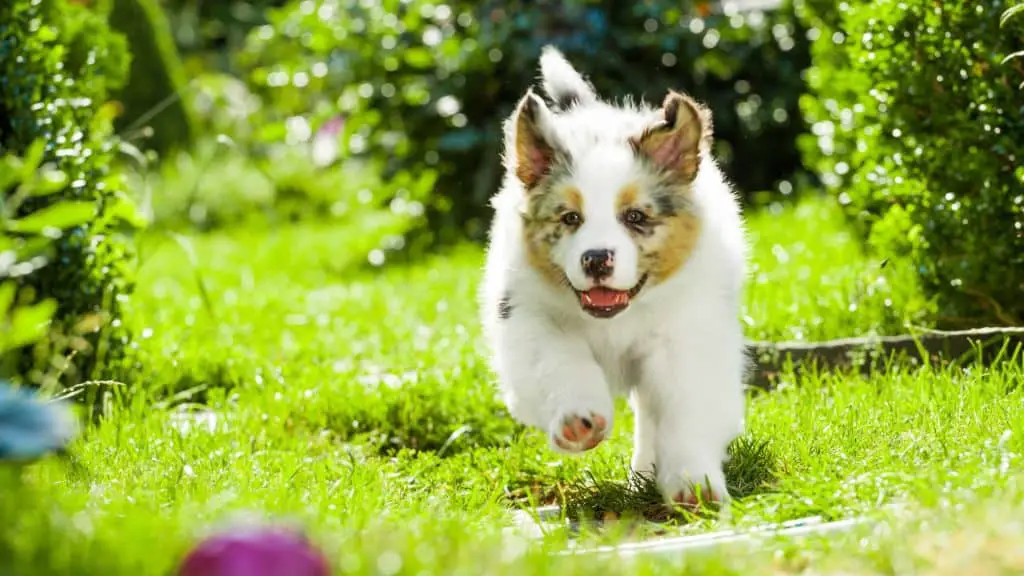What to Know
Many years ago, mixed-breed dogs were given away, as they were usually the result of the female getting out in season and finding herself a mummy a few weeks later.
Fast forward a few years, and there is no such thing as a mongrel anymore.
Every dog is unique, the same way digital coins are. Dog lovers buy cross-bred puppies as well as they buy Dogecoin and enjoy having them.
Mixed breeds such as Labradors crossed with Poodles have cute designer names like ‘labradoodle’ and often fetch a price almost as close as their purebred counterparts.
With this in mind, there has also been a massive surge in the practice of illegal puppy farming.
This is highly concerning for the welfare of the mothers and the pups, who are often inbred and kept in appalling conditions.
These dogs often have multiple health problems, causing cost and distress to both owner and dog, and some severe cases can result in death.
This means that when you buy a dog now, you have to be extremely careful, and there are several considerations you should consider before heading out and purchasing a new furry friend.
Guide to Buying a Dog

This article will teach you how to spot a puppy farm and what you need to purchase before your new family member arrives home.
Spotting a Puppy Farm

Spotting a puppy farm is vital, as purchasing a farmed puppy enables the culprits to continue their illegal practice.
Puppy farmers have now become very clever and will often import dogs from places like Ireland (Ireland has more puppy farms than elsewhere in Europe) and use local dogs to pose as the puppy’s parents so potential buyers can see them with their “mum.”
With this in mind, you have to be extra vigilant when purchasing a dog from what looks like a private seller, and there are a few things you should look for.
- Advertisements – When you see a private ad for a dog, look at the seller’s profile. How many ads do they have? Are they advertising multiple breeds? These are warning signs of a potential puppy farm.
- How is the Wording? – Wording in ads may sound vague or have mistakes; this is common because the sellers often copy and paste the same description for multiple litters and sometimes forget to change details accordingly.
- Vaccinations – If the seller says a puppy is vaccinated, but the ad also states they are younger than six weeks, this is a warning sign of a puppy farm. You should always ask for proof of vaccination from the vet who administered them.
- Meeting Ground – Puppy farms often try to arrange to meet in a car park or service station. You should insist you see the litter together in the home setting and with the parents. (Bear in mind; however, decoy parents also use puppy farms.) The mum should have had puppies recently, with visible teats and displaying a bond with her puppies.
- Other Breeds – If on visiting the premises, you see multiple breeds, or if you show uncertainty and the breeder asks if you have considered another breed, this is a warning sign for a puppy farm.
- Are They Interested in You? Do they care about the long-term welfare of the animal and ask questions about your ability to care for them, or do they seem disinterested?
- Can They Answer Questions? If you ask breed-specific questions, are they able to answer you? Genuine breeders usually only breed dogs they love and will be knowledgeable about them.
- Do they accept bank transfers/cards? If a breeder only accepts cash, this is often as it is harder to trace and has no chargeback option should anything happen to the dog.
- Location – You may be able to get a gut instinct when you visit a location. Often puppy farmers will have a house with lots of outbuildings used for keeping dogs. Another scenario is breeders using other locations to sell dogs from, so if the house looks like there have been no puppies, this could ring alarm bells.
- How do the pups look? Puppies should look healthy and happy. Bright eyes, wet nose (but not runny), and bouncy!
- Is the puppy the same as the ad? Illegal breeders will often use the same ad to sell multiple puppies, so it’s essential to compare the images in the ad with the actual dog in front of you.
If you think you have stumbled upon a puppy farm, you should leave the property without a dog (although it’s tempting to buy them to remove them from their situation, giving the criminals money only funds the practice further).
You should contact the RSPCA, report your concerns, and back them up with evidence in the ads you responded to, messages sent, etc.
Choosing the Right Breed

Do plenty of research on the breeds of dog you are considering.
Do they need lots of exercises?
How long do they live?
Are they good with children?
Are they prone to certain health conditions?
When looking at puppy breeds, you must consider these things to find the perfect pet for your family.
If you don’t have much time for walking a dog, it is sensible to choose a small breed that may only need 1-2 walks per day, as opposed to a highly energetic dog such as a springer spaniel which requires a lot more exercise.
If you have young children, you may opt for a breed that is considered more tolerant of children rather than something like a chihuahua that can be snappy.
Matching a breed to your family is crucial in purchasing a dog.
You also have the option of a rescue dog, which is a significant cause; however, not knowing a dog’s history could be problematic if you have young children, as shelters often do not have the ability to test their dogs with young children.
If you are getting a rescue dog, you should be careful and arrange multiple visits with children before taking the plunge.
Getting Ready & Getting Your Puppy Home

Once you have chosen a healthy puppy from a reputable breeder, you can begin to prepare for them coming home.
Start by purchasing the items you will need for your new family member. Time For Paws is a lovely online store that supplies everything you need for your puppy.
They are affordable with fast delivery, so it’s an excellent option for your doggy needs!
You should purchase somewhere safe for them to sleep (a crate or bed depending on personal preference), leash and collar, puppy food, training pads, and toys. You should also have flea treatment suitable for puppies ready to go.
(You may opt to get flea treatment from the vets on their first visit.)
Puppies often arrive with worms, which is very common, so planning your first visit to the vets for a check-up and booking further vaccinations and worming treatment is excellent.
Don’t panic if your puppy doesn’t sleep for the first few nights.
They are used to snuggling up with their siblings so they can feel lonely in a cage or bed on their own.
Try placing a few soft toys with them so they feel more secure in their environment.
Getting a dog is an exciting adventure. As long as you do plenty of research before jumping in, it should be an enjoyable experience for your family, leading to many years of happiness.

